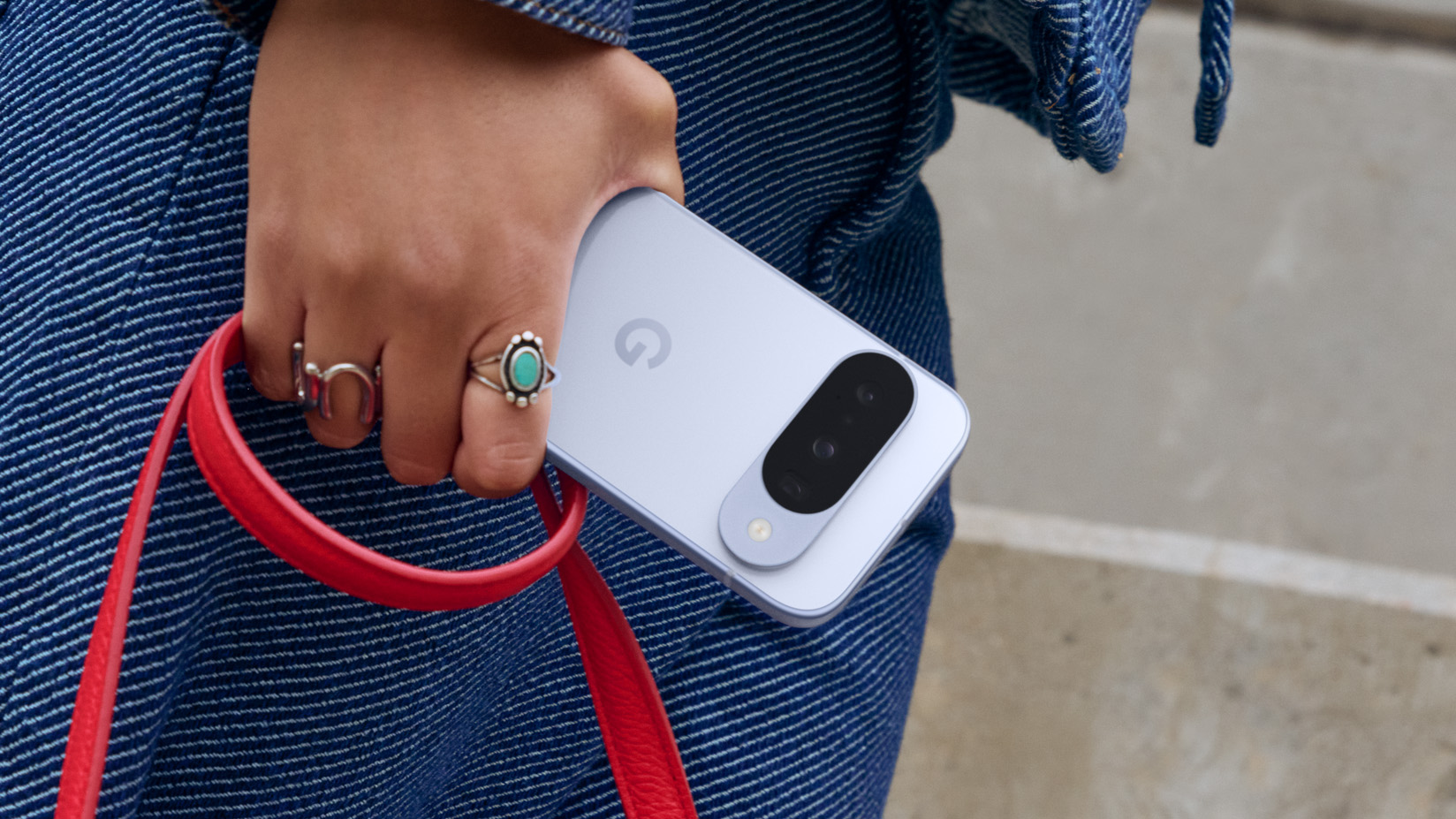Google Pixel 8 just put Apple and Samsung on notice — 7 years of software updates
Google's 7 years of support leads the industry
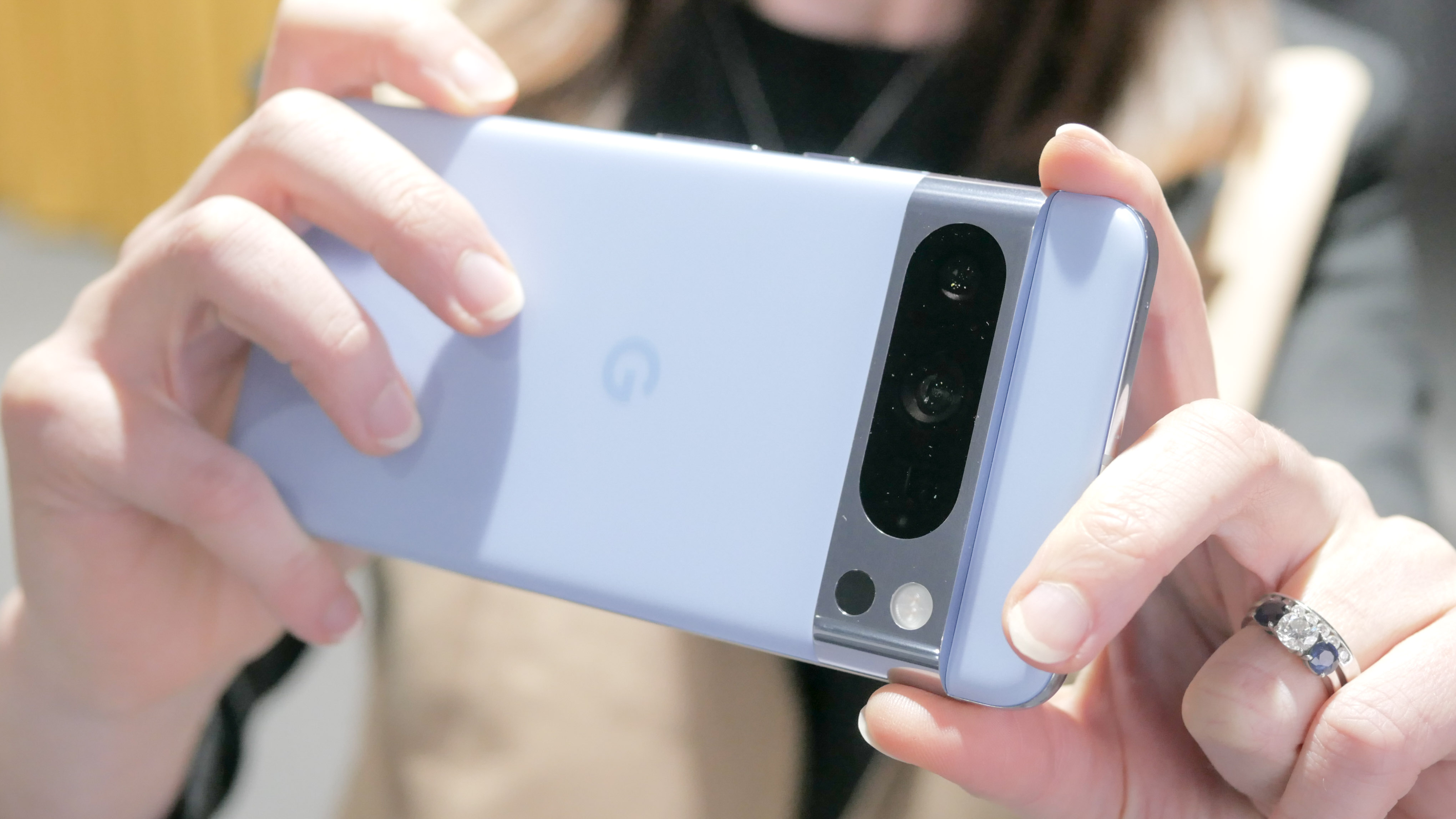
Historically Android has been on the losing side of the software update battle compared to Apple. Apple has been known to support phones for several years after launch, while Android phones are lucky if they get Android updates for more than two years. But that is about to change, and it’s all thanks to the Google Pixel 8.
Google has just announced that both the Pixel 8 and Google Pixel 8 Pro will be getting 7 years of full software support. That support covers everything, including full Android updates, the regular Pixel feature drops and security updates. That sure as heck beats the Pixel 7's 3 years of Android updates and 5 years of security updates.
Assuming nothing terrible happens to the phone itself, anyone buying a Pixel 8 could theoretically keep it until 2030 without missing out on new Android features or risk it becoming a security liability. Sure, the Pixel 8 hardware will be hilariously outdated by 2030, and you may need to swap the battery out once or twice, but that doesn’t change the fact this move is a very big deal.
Pixel 8 vs iPhone vs Samsung: Support compared
| Row 0 - Cell 0 | Row 0 - Cell 1 |
| Google Pixel 8 | 7 years of Android and security updates |
| iPhone 15 | 5 years (unofficially) |
| Samsung Galaxy S23 | 4 years of software, 5 years security |
With this announcement Google just leaped into the lead in terms of providing software updates. By comparison, the Samsung Galaxy S23 is promised to get 4 years for software updates and 5 years of security updates. So Google gives you 3 extra years of support with the Google Pixel 8.
Apple doesn't specifically promise a certain number of years for security and software updates, but you can look at the iOS 17 device support as a guide. The oldest phone on the list is the iPhone XR, which had a release date of 2018. So that's about 5 years of support or 2 less than what Google is giving users with the Pixel 8 and Pixel 8 Pro.
Better software support adds value to the Pixel 8
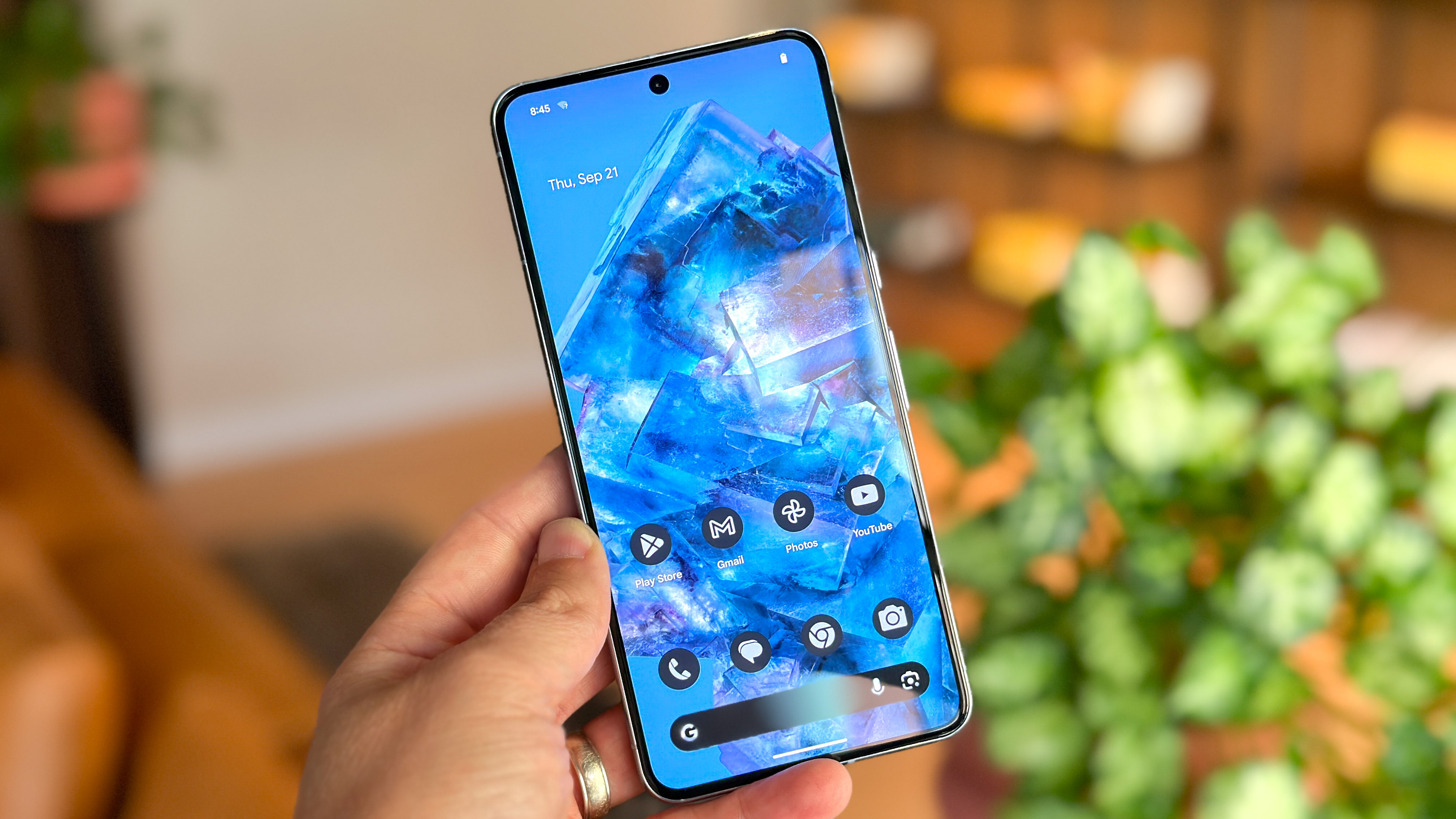
There’s been a lot of talk about potential price hikes in the smartphone industry, and Google has followed through with that — increasing the Pixel 8 and Pixel 8 Pro prices by $100 compared to last year. Which is not great, especially since the base storage is still being limited to 128GB. But there is a silver lining, and it’s all thanks to the additional software support.
If you have a Pixel 7, your phone is only scheduled to get Android updates until October 2025. While security updates will be coming for an additional two years, post-October 2025 will see your phone essentially frozen in time — becoming more and more out of date as the months pass by.
Get instant access to breaking news, the hottest reviews, great deals and helpful tips.
Three years is a long time in the phone world, and society has been trained over the years to think about upgrades in a 2-3 year cycle. Naturally, that concept is exacerbated when phone companies themselves more or less abandon older devices after those 3 years are up.
Having a phone that doesn’t have that problem means you can keep hold of it for a lot longer. Security support means a Pixel 8 will be kept up to date against the latest cyber threats, while also enjoying whatever features will arrive as a result of future Pixel drops and Android upgrades.
The only thing that would push you to upgrade is whatever hardware improvements come along. Then again, in the past few years those improvements tend not to happen quite as regularly as they once did, so taking a few more years between upgrades means you won’t miss out on much. And by keeping the phone in your possession for a couple more years, you can get a couple more years without spending several hundred dollars on a new one.
Plus, if you’re the type of person who trades in or sells their old devices to offset the cost of an upgrade, then better long-term software support will be a boon. In fact, in two or three years time, the Pixel 8 will still have 4-5 years of software support in it, which is more than enough to cover a second lifespan with a new owner — and a good chunk of a hypothetical third.
Sure, the phone will be a little less pristine, and you sure as heck won’t get your whole $699 back, but the fact that the Pixel 8 would still have value on the used smartphone market means it should retain more of its value than it would have done with 3 or 4 years of Android updates.
Plus, if you're the type who prefers to save money by buying a used smartphone, that guaranteed software support could make the Pixel 8 a solid pick as the best used smartphone.
Long-term support keeps your phone and its data more secure
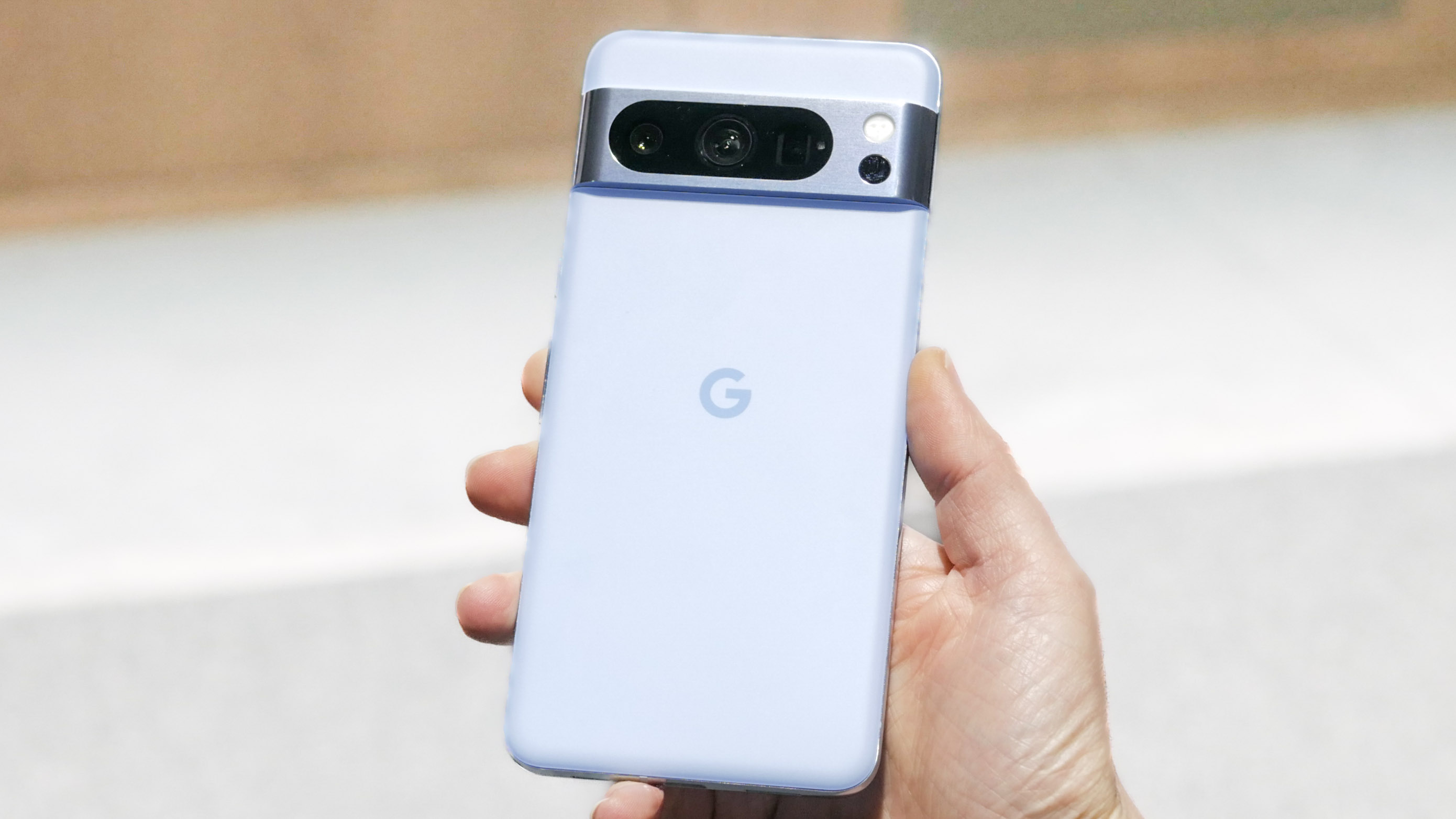
As time goes on, it feels like we’re pouring more and more of our lives into our smartphones for safe keeping. In their early days cell phones were considered advanced if they were able to store phone numbers. These days that’s one of the least important things in a smartphone’s repertoire.
Think about what you’ve got on your phone. Even if you’re not the type of person to flood their device’s memory banks with every aspect of your life, you’re bound to have more than a little bit of personal information in there. We’re talking credit card details, passwords, car keys, personal photos, and so much more.
Heck, even something as simple as storing your home address in Google Maps can be a liability if your phone falls into the wrong hands. That makes your smartphone a tantalizing target for thieves, hackers and either bad actors. If not for the device itself, but for the information stored within.
Data security is a never-ending battle between developers and bad actors that is continually. New security holes are found almost as quickly as they can be patched, which is why it’s so important to keep your phone’s software up to date. Which is a problem if you’ve kept hold of your device long after the security updates have dried up.
There could be some flaw in your phone that hasn’t been sealed up, that someone could exploit for their own personal gain.
It’s a situation that’s so serious it’s probably one of the reasons why phone makers like Samsung and Google have been much more eager to offer more years of security support than they have with Android itself. Plus no company wants to have their brand associated with a major data breach, simply because there are people out there that kept hold of their phones for longer than the sales team would like.
Seven years is a long time in the phone industry. Imagine if the original Google Pixel had that much support from day one. Since it came out in 2016, it would just now be reaching the end of its operational lifespan — and no doubt there would be people still actively using it.
Bottom line: Google should only be the start
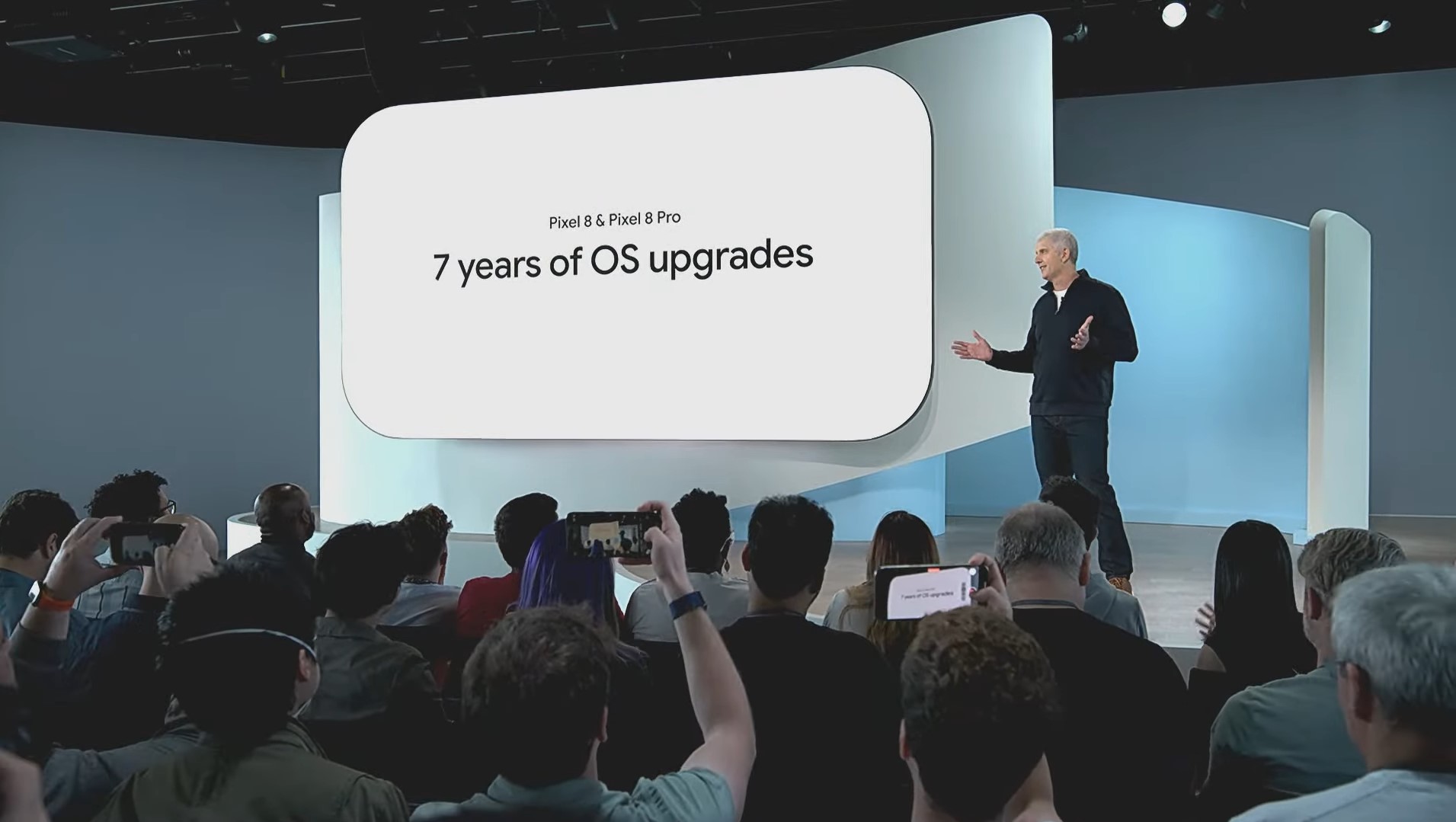
Now that Google has taken this leap, and pledged seven years of support for the Pixel 8, we hope that other phone makers will follow its example.
Take Apple, which has developed a reputation for supporting devices for a long time — though the scale of it has been inconsistent. iOS 15 was compatible on iPhones released in the previous 6 years, though iOS 16 and iOS 17 saw that drop to just five years. Apple may offer security updates for an unspecified number of additional years, but it certainly feels like it can do better.
It does have complete control of iPhone software and hardware development, after all. The only other company that can claim the same is Google itself, and if anyone else can follow Google’s example quite easily it’s Apple.
Samsung has also been pushing the limits of Android updates, with the Galaxy S23 getting four years of Android and an additional year of security on top, definitely has the resources to match Google’s new limit. The same goes for OnePlus, who matched Samsung with the release of the OnePlus 11.
The question is whether other phone makers will follow Google’s example and start offering better long term support on their devices. But, hopefully, by pushing this idea so publicly Google can at least embarrass some of them into offering more than they do right now.
More from Tom's Guide
- Google Pixel 8 Pro hands-on review: Truly pro cameras
- Google Pixel Watch 2 hands-on review: A smartwatch with heart
- Google Event announcements — Pixel 8, Pixel 8 Pro, Pixel Watch 2 and AI news

Tom is the Tom's Guide's UK Phones Editor, tackling the latest smartphone news and vocally expressing his opinions about upcoming features or changes. It's long way from his days as editor of Gizmodo UK, when pretty much everything was on the table. He’s usually found trying to squeeze another giant Lego set onto the shelf, draining very large cups of coffee, or complaining about how terrible his Smart TV is.
 Club Benefits
Club Benefits





